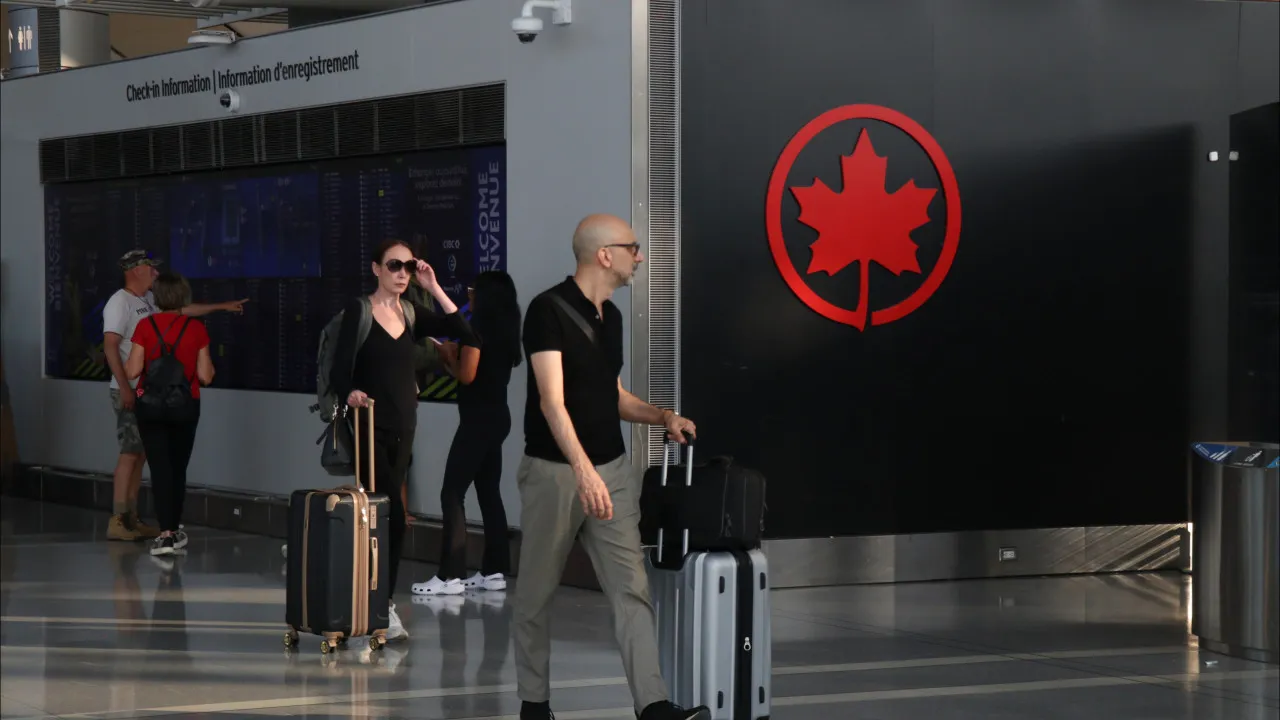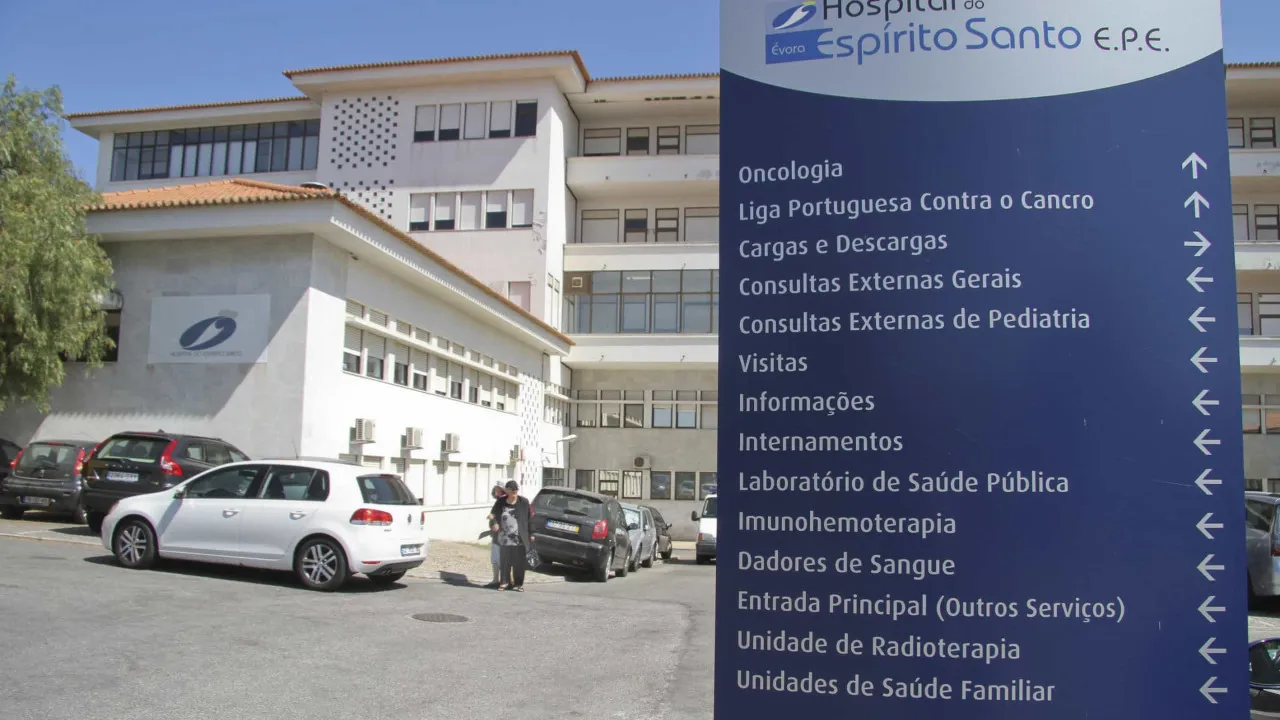
The strike at Canada’s largest airline is disrupting the travel plans of approximately 130,000 passengers daily during the peak summer travel season, as both sides remain far apart on wage increases and other labor issues.
Air Canada had suspended plans to resume operations on Sunday after the union defied a previous back-to-work order. The airline announced flights would resume tonight, but the union president asserted that this would not occur.
“If Air Canada thinks planes will be flying this afternoon, they are sorely mistaken. That won’t happen today,” stated Mark Hancock, president of the Canadian Union of Public Employees (CUPE), representing Air Canada’s flight attendants.
“We are not going back to the skies,” he added.
The union stated it would challenge a second back-to-work order issued by the Canada Industrial Relations Board (CIRB), which declared the strike illegal and ordered the immediate return to service of the flight attendants. They had previously ignored an earlier order to return to work and submit to arbitration.
The CIRB, an independent administrative tribunal that interprets and applies Canada’s labor laws, mandated that the union notify all members in writing by noon today, instructing them to resume their duties.
“If this means people like me have to go to jail, so be it. If it means our union is fined, so be it,” said Hancock. “We want a resolution. Our members want a resolution, but that solution needs to be found at the negotiating table,” he emphasized.
“We are in a situation where hundreds of thousands of Canadians and visitors to our country are affected by this action,” said Prime Minister Mark Carney. “I urge both parties to resolve this as quickly as possible,” he noted.
Mark Carney added that his labor minister would comment later and expressed disappointment that negotiations had not yet led to an agreement, stressing the importance of fair compensation for flight attendants.
On Saturday, 10,000 Air Canada flight attendants went on strike due to the impasse in negotiations for a new collective agreement, following eight months of talks with the company.
The workers claim that over the last 25 years, the base salary for flight attendants has only increased by 10%, while inflation in the same period has risen significantly higher.
Moreover, they complain about not being paid for much of the work they do on the ground, such as passenger boarding and disembarkation tasks.
The company offered wage increases between 12% and 16% in the first year, along with changes in the payment for ground working hours.




